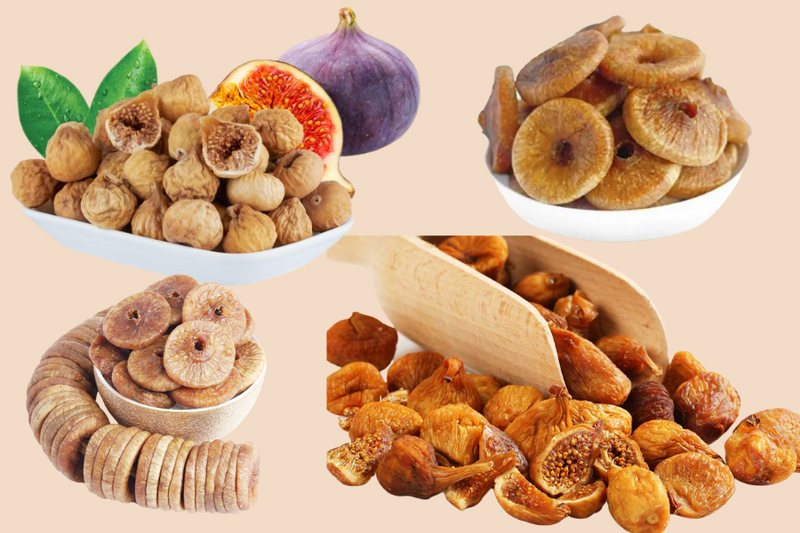Dried figs, the sweet, nutrient-packed fruits of the Ficus tree, have been a staple in various cuisines around the world for centuries. Not only are they delicious and versatile, but they also offer a plethora of health benefits, making them a valuable addition to any diet. Here’s a look at the remarkable health benefits of dried figs:
1. Rich in Dietary Fiber
Dried figs are an excellent source of dietary fiber, which is essential for maintaining a healthy digestive system. Fiber helps to bulk up and soften stools, promoting regular bowel movements and preventing constipation. Additionally, a diet high in fiber can aid in weight management by providing a feeling of fullness and reducing overall calorie intake.
2. Promotes Heart Health
The fiber in dried figs can also benefit heart health by reducing levels of bad LDL cholesterol in the blood. By binding to cholesterol and preventing its absorption, dried figs help to lower the risk of heart disease. Furthermore, they contain potassium, a mineral that regulates blood pressure by balancing out the negative effects of salt.
3. Rich in Antioxidants
Dried figs are loaded with antioxidants, including phenol, omega-3, and omega-6 fatty acids, which combat the free radicals that can lead to chronic diseases such as cancer and heart disease. The antioxidants in dried figs also contribute to reducing oxidative stress and inflammation in the body.
4. Helps Regulate Blood Sugar Levels
Though sweet, dried figs have a relatively low glycemic index (GI), which means they have a minimal impact on blood sugar levels. The potassium in figs can also help control blood sugar levels, making them a suitable snack for people with diabetes when eaten in moderation.
5. Good Source of Calcium
Dried figs are rich in calcium, a crucial mineral for maintaining strong bones and teeth. Consuming enough calcium can help prevent osteoporosis and other bone-related diseases, making dried figs a great addition to a bone-healthy diet.

6. Boosts Iron Levels
Iron is essential for the production of red blood cells and the transport of oxygen throughout the body. Dried figs are a good source of iron, making them a beneficial food for people at risk of anemia or those looking to boost their iron intake.
7. Supports Healthy Skin
The antioxidants in dried figs, particularly vitamin E and beta-carotene, can contribute to healthy skin by protecting it from UV damage and promoting repair and maintenance. The high mineral content, including magnesium and zinc, further supports skin health by promoting moisture retention and elasticity.
8. Aids in Weight Management
The high fiber content in dried figs not only promotes digestive health but can also help with weight management. Fiber provides a feeling of satiety, reducing the likelihood of overeating and assisting in maintaining a healthy weight.
Conclusion
Dried figs are more than just a tasty snack; they are a nutritional powerhouse offering a wide array of health benefits. From improving digestion and heart health to supporting bone strength and skin health, incorporating dried figs into your diet can contribute significantly to your overall well-being. Remember, though they are nutritious, dried figs are also high in calories and natural sugars, so they should be consumed in moderation as part of a balanced diet.



